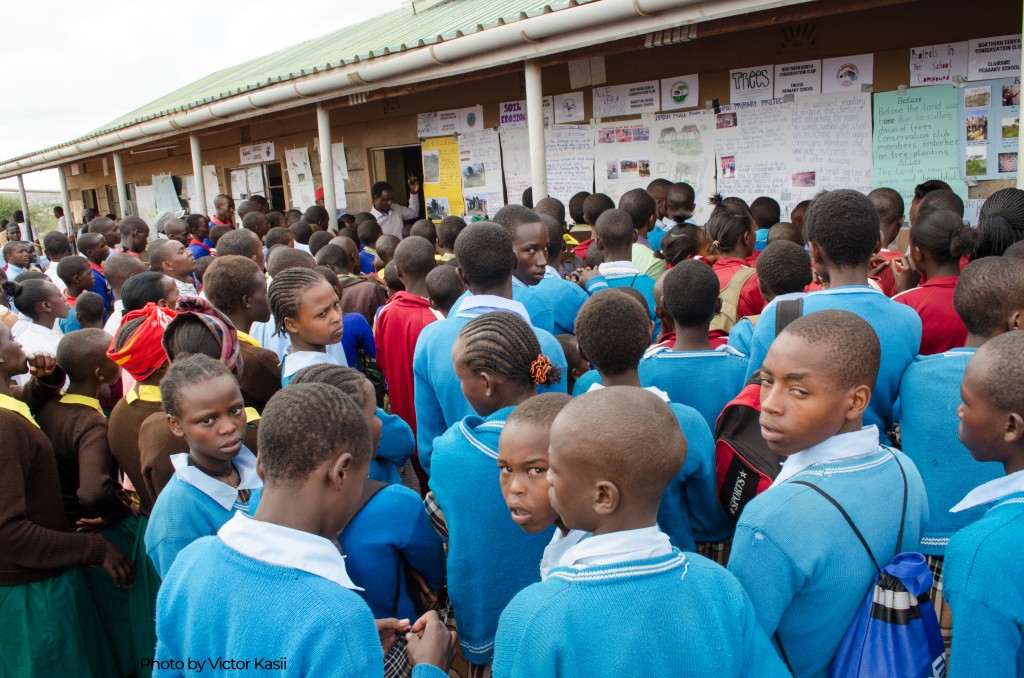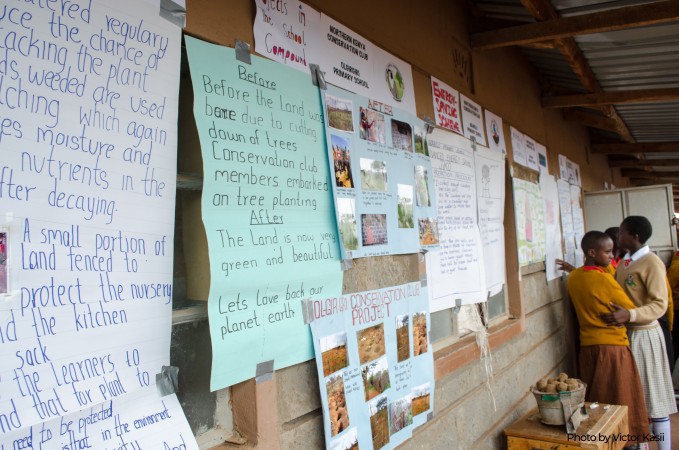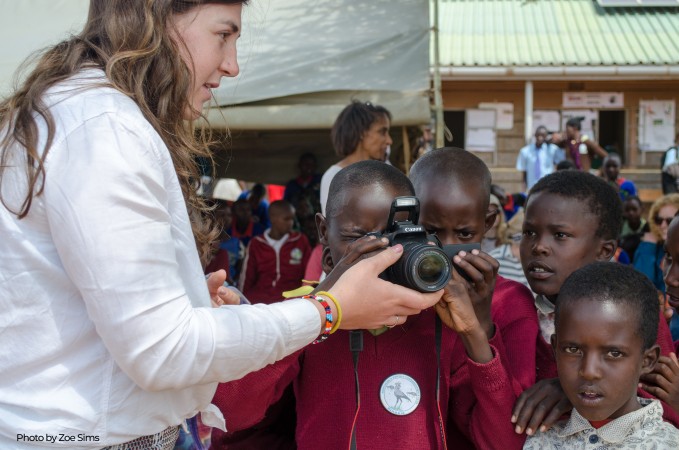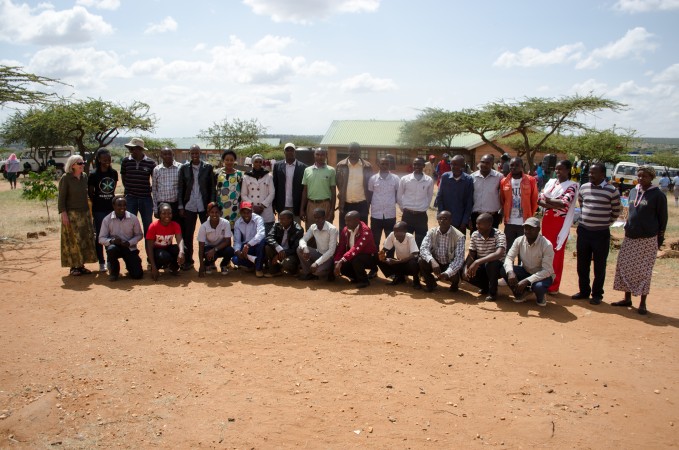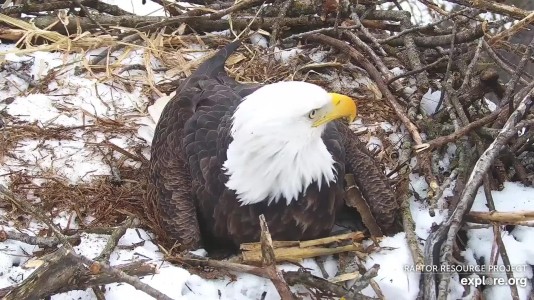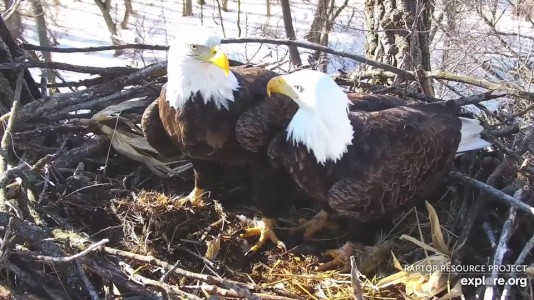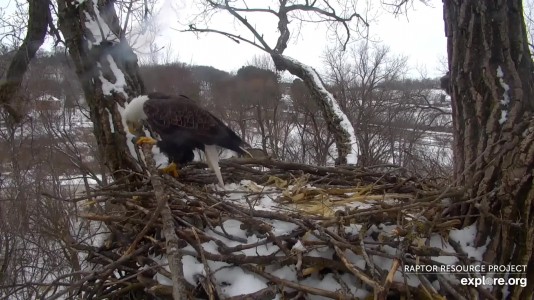A little over a year ago, two boys were seen on the Africa Watering Hole camera throwing rocks at hippos. Explore.org viewers alerted Mpala. The boys were identified and our rangers intervened, avoiding a possible tragedy (hippos are Africa’s most dangerous mammal). Today, it is not hard to imagine the boys joining in the activities of the Northern Kenya Conservation Clubs (NKCC). Stepped-up efforts by Mpala and NKCC to sensitive the neighbouring communities is helping build a sustainable, conservation-minded understanding of the connections between local wildlife and people. The after-school clubs run a series of activities that include lessons, games and tree planting initiatives, among others. With support from Explore, mpalalive.org has adapted the NKCC materials and offers them online as free downloadable lesson plans and activities for pupils and teachers, featuring Kenya and US curriculums. On average, 700 access the conservation education content daily.
The Conservation Clubs aim to connect children to their environment with the hope that they will understand the relationships between wildlife, the landscape, and how life depends on these important resources.
Last Saturday was bright and beautiful here in Laikipia where we witnessed the gathering of the NKCC generation of environment champions. The annual conservation fair dubbed Community Conservation Day organised by Mpala marked its 10th anniversary. Over 600 students from 14 Clubs assembled at Kimanjo Secondary School in Laikipia North. Pupils presented educational posters, performed skits and played games during the biggest environmental fair in the region. Highlights of the event included performances by a host of schools with themes ranging from anti-poaching messages to ways to curb deforestation.
All year round, students are involved in lessons and projects that culminate in colourful displays during the environmental fair. The Conservation Clubs meet after school and provide a structured curriculum with ecological awareness and a conservation ethic through experiential learning. A typical lesson might include a story about something to be studied, a game to illustrate a concept learned (bones, seeds, etc.), watching wildlife, searching for special plants, or listening to a researcher talk about the work he/she does. Outdoor games, bird watching, and data collection are all parts of the diverse learning, a curriculum that stands beside action-oriented conservation efforts such as tree planting and curbing of soil erosion.
A surprise performance by an elder playing a modified traditional harp captured the hearts of those gathered while a Masai dance by Kimanjo Secondary School students charged the air with excitement.
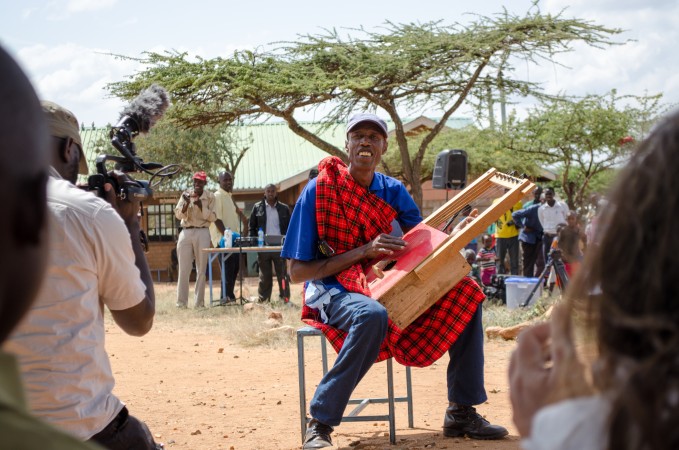
Finally all the NKCC club teachers were called forward to receive their certificates from the founders, Prof. Dan and Nancy Rubenstein. Thanks were given to the many that helped make the day so successful.
Peace,
Victor Kasii @mpalalive
